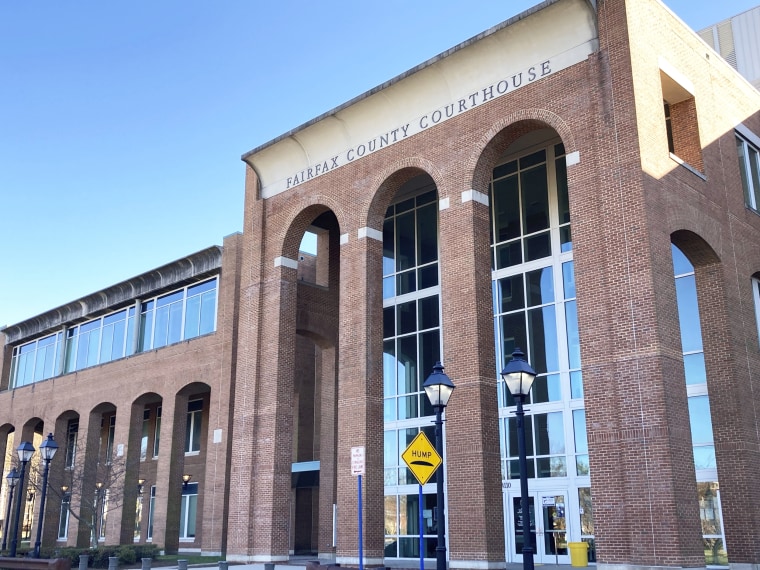A Virginia judge overseeing a dispute between a divorced couple cited a 19th-century law about slave ownership when ruling human embryos can be considered property.
The preliminary opinion last month by Fairfax County Circuit Court Judge Richard Gardiner attempts to settle a dispute between Honeyhline Heidemann and Jason Heidemann, who divorced in 2018 and had previously agreed to own any stored embryos together.
Gardiner determined a law based on “goods or chattels” that preceded the Civil War regarding custody disputes over slaves was applicable to the couple’s fight over frozen embryos.
“As there is no prohibition on the sale of human embryos, they may be valued and sold, and thus may be considered goods or chattels,” Gardiner wrote in his opinion.
The judge could not be reached for comment Friday.
The divorced couple is feuding over two frozen embryos, that a separate agreement before their divorce determined would remain stored “pending a court order or further written agreement,” the opinion states.
The couple had previously conceived a daughter through in vitro fertilization, the opinion said.
Honeyhline Heidemann, 45, wants to use the embryos because she is infertile after cancer treatments, according to her attorney, Adam Kronfeld, the opinion said.
He also argued that in the initial separation agreement the couple signed in 2018, they already considered the embryos as property under an agreement titled “Division of Personal Property.”
Jason Heidemann objects at least partly because his “procreational autonomy” would be compromised, the ruling said.
Allowing his ex-wife to use embryos they created when they were married “would force Mr. Heidemann to procreate against his wishes and therefore violate his constitutional right to procreational autonomy,” the ruling said, citing his objection.

Gardiner had initially sided with him and determined embryos could not be bought or sold, and therefore, Honeyhline Heidemann had no right to them.
When Kronfeld asked Gardiner to reconsider, Gardiner followed the history of the law dealing with “goods or chattels” before the Civil War.
Gardiner referenced the old rulings, which prompted him to retract his initial ruling, the opinion said.
Gardiner’s decision to cite slavery drew strong reaction.
“It’s repulsive and it’s morally repugnant,” said Susan Crockin, a lawyer and scholar at Georgetown University’s Kennedy Institute of Ethics who is also an expert in reproductive technology law.
Crockin said she’s not aware of any other judge in the country who has concluded that human embryos can be bought and sold. She said the trend, if anything, has been to recognize that embryos have to be treated in a more nuanced way than as property.
Solomon Ashby, president of the Old Dominion Bar Association, a professional organization of mostly of African American lawyers, called Gardiner’s ruling troubling.
“I would like to think that the bench and the bar would be seeking more modern precedent,” he said.
Ashby added he was baffled that Gardiner felt a need to delve into slavery to answer a question about embryos, even if Virginia case law is thin on how to handle embryo disputes.
“Hopefully, the jurisprudence will advance in the commonwealth of Virginia such that ... we will no longer see slave codes” cited to justify legal rulings, he said.